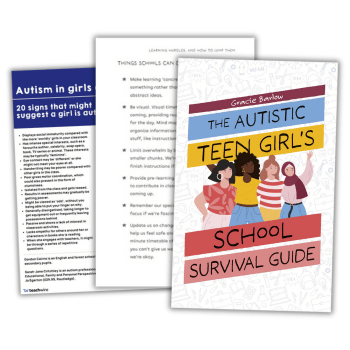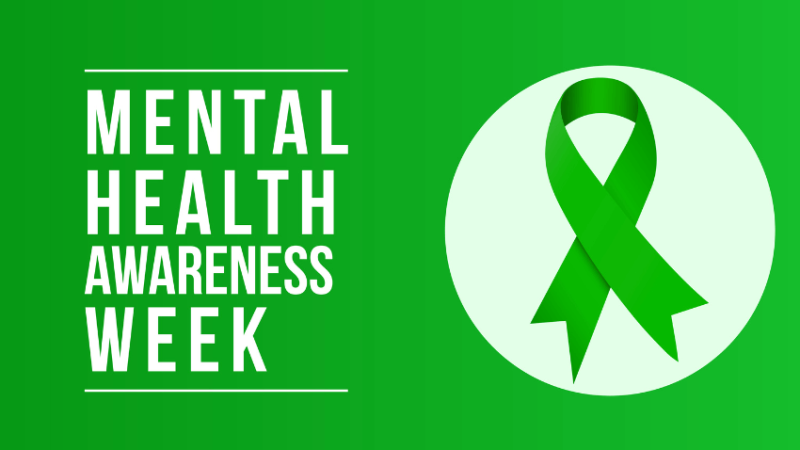Why We Need To Support The Mental Health Of Children With Special Education Needs

When the focus is on diagnosis, we risk children’s mental health needs going unmet, warns Julia Clements

The mental health of children and young people with SEND is all too often overlooked. In the past, the focus has tended to be on identifying and meeting the needs that arise from a child’s diagnosis or type of SEND. If a child has reading or writing difficulties, for example, then support may be focused around literacy programs. If a child has autism spectrum disorder (ASD), social skills interventions are often put in place.
Yet how often do we stop to consider and address the self esteem needs of the child with learning difficulties? Or the anxiety that can threaten the wellbeing of the child with ASD?
This tendency to focus on the child’s SEND as the explanation for most or all of their behaviours can mean that mental health needs go unrecognised and unmet. Research indicates that children with SEND are particularly vulnerable to experiencing mental health difficulties.
For instance, a child with a learning difficulty is six times more likely to experience a mental health difficulty over their lifetime than a child without one (Emerson and Hatton, 2007), while 70% of children with ASD will have a mental health difficulty, such as anxiety and depression, at some point in their life (National Autistic Society, 2010).
Recent research further indicates that 14% of children with autism consider suicide (Autistica, 2016), and that children with SEND are thought to be particularly vulnerable to problems with their mental health due to risk factors such as social exclusion, lack of verbal communication skills and low cognitive ability (Emerson and Hatton, 2007).
So what can be done? Firstly, it is important for schools to establish a ‘good mental health for all’ approach and embed this into their culture. This will include introducing mental health into existing whole-school activities such as the PSHE curriculum, and adding the new character curriculum dimensions of ‘developing me’ and ‘managing my relationships’. Class or group Circle Time and assemblies present other opportunities for schools to start exploring mental health with all their pupils, including those with SEND.
Schools are also well placed to support children with SEND to develop good mental health through facilitating their positive relationships with others. Research indicates that children who develop at least one stable, caring, supportive relationship are more likely to be able to adapt to situations of stress and adversity, and be able to recover sufficiently from such experiences (Harvard University, 2015). All adults working with children in schools can have a role in offering children with SEND experiences of healthy relationships with adults and peers alike.
It’s important that all children, including those with SEND, know that there is at least one adult to whom they can turn at times of difficulty, such as when they feel lonely, experience bullying or find social interactions stressful and difficult to navigate. This adult could be a class teacher or a TA who gets to know the child well, is regularly available to them, ‘checks in’ with them (especially at the beginning and end of the day, week and term) and offers appropriate, sensitive and timely support.
Trending
When supporting children with SEND to develop positive peer relationships, it’s important for school staff to consider the opportunities available at school for developing friendships, and check that the children in question are able to access these. This might include ensuring that children with SEND have access to any clubs, lunchtime activities and extra curricular activities the school might offer.
If children with SEND are not represented in these activities, greater inclusion could be facilitated through peer mentoring, mediation and counselling in order to encourage healthy relationships amongst children. For some children, specific interventions to help develop their connectedness and sense of belonging will be needed. This could be inclusion in a nurture group or setting up a Circle of Friends for a particular child.
Place2Be provides free resources to schools for use during its annual Children’s Mental Health Week (6-12 February 2017), which are also available to download throughout the year; for more details, take a look at tinyurl.com/TSplace2be
About the author
Julia Clements is principal educational psychologist (south) at Place2Be – a national charity that provides emotional support to children in schools.








